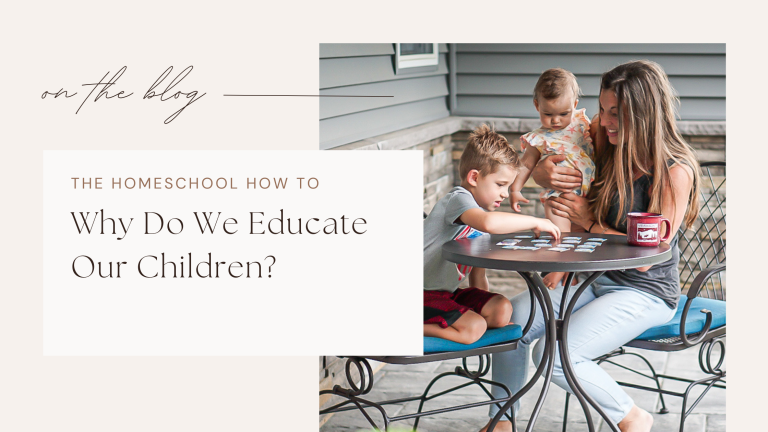The education landscape is rapidly evolving, yet many parents remain unaware of the limitations within traditional schooling systems. In this enlightening podcast episode, we spoke with Toni, a former teacher with over 20 years of early childhood education experience who now homeschools her five children. Her perspective offers valuable insights into why conventional education may not be adequately preparing children for the future they’ll inherit.
Perhaps the most striking observation Toni shared was that “academics should serve kids, not suffocate them.” This profound statement encapsulates the fundamental disconnect between how traditional schools operate and how children naturally learn. Children, especially younger ones, are physiologically designed to learn through movement and all their senses—not just by sitting still and absorbing information passively. Yet our educational institutions continue to prioritize sedentary learning and standardized approaches that often ignore children’s natural development patterns. This mismatch is particularly problematic for active children, especially boys, who find themselves frequently reprimanded for behaviors that are developmentally appropriate and necessary for their learning.
The world is changing at an unprecedented pace due to technological advancements, while educational systems adapt much more slowly. Toni highlighted how schools remain focused on teaching children to “know things”—a model that made sense before the internet gave us access to unlimited information. What’s more valuable today, she argues, is teaching children how to “be” and how to “do”—developing practical skills, critical thinking, and the ability to navigate real-world challenges. Traditional schooling often delays meaningful failure until after graduation, whereas homeschooling allows children to experience appropriate challenges earlier, building resilience and problem-solving abilities from a young age.
Homeschooling creates space for children to explore their genuine interests and develop at their own pace. When children aren’t spending seven to eight hours daily in classrooms learning material they may not connect with, they have more time and energy to develop passions and skills that align with their natural curiosities. The flexibility allows for integrating life skills naturally throughout the day, from managing household responsibilities to planning family events. These practical experiences prepare children for independence in ways that traditional academic settings rarely accommodate.
One particularly compelling aspect of Toni’s approach is her implementation of “Socratic snack” discussions, where she guides her children through thoughtful conversations that require them to make choices, defend positions, and refine their thinking. These discussions cultivate respectful debate skills and critical thinking—precisely the abilities most valued in today’s workforce. Similarly, her approach to reading balances fiction with biographies, devotionals, and non-fiction, ensuring children develop diverse literary tastes while building knowledge across various domains.
For parents considering homeschooling or simply looking to enhance their children’s education, Toni offers practical rhythms that can be incorporated into any family situation. Her “Roots and Wings” method focuses on using quality literature as inspiration for real-world projects and play invitations that allow children to apply what they’re learning in meaningful ways. By combining strong foundations (roots) with opportunities for independence (wings), parents can nurture both security and autonomy in their children’s development.
The conversation illuminates how homeschooling isn’t just an alternative educational choice—it’s a holistic approach to raising children who are prepared for the future’s challenges. By preserving natural creativity, encouraging critical thinking, and allowing authentic exploration of interests, homeschooling creates an environment where children learn to take ownership of their education and, ultimately, their lives. As Toni aptly noted, education should never stop with a certificate or diploma; it should be a lifelong journey of growth and discovery—a mindset more easily cultivated when learning is integrated naturally into daily life from the beginning.

